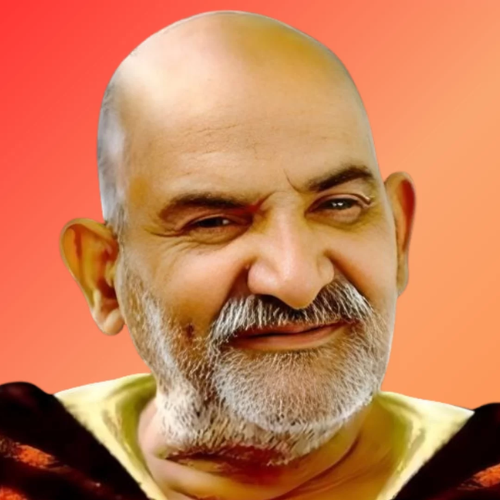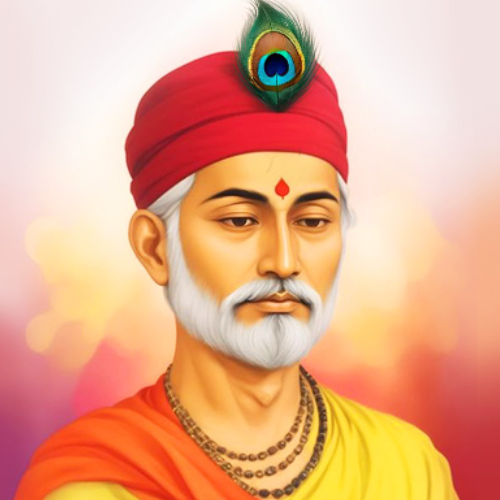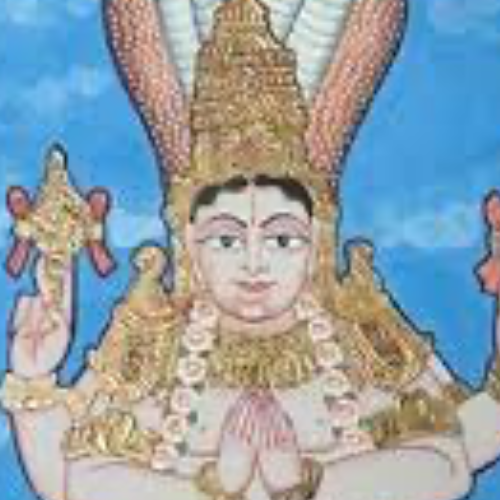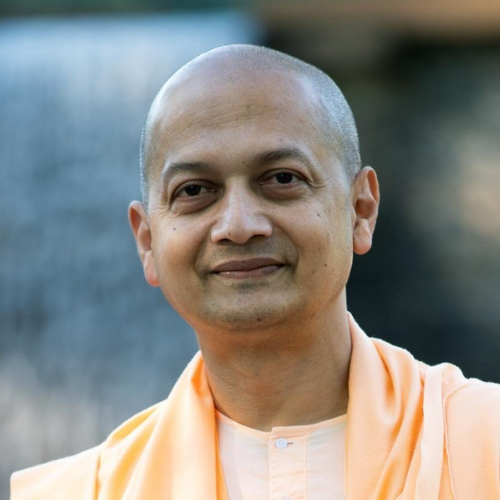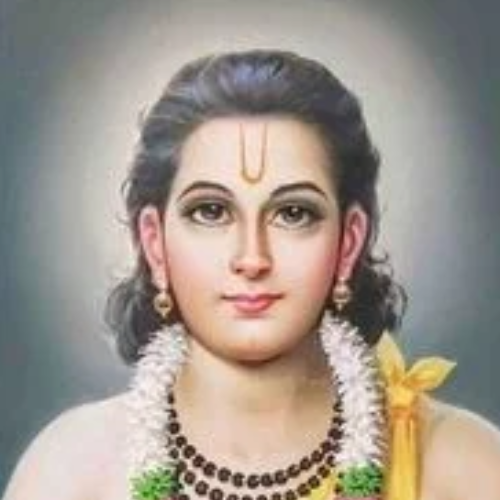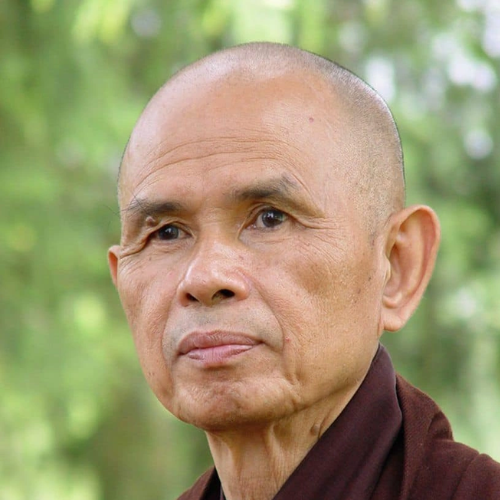Kriya Yoga Quotes
Topics:
Abundance (20)
Advaita (14)
Alone (191)
Angels (16)
Anger (180)
Animals (39)
Art (1407)
Atman (30)
Attachment (98)
Awakening (38)
Awareness (159)
Beauty (129)
Bhakti (16)
Bliss (123)
Body (654)
Brahma (63)
Brahman (39)
Brain (50)
Breath (134)
Buddhism (16)
Change (272)
Compassion (184)
Confidence (38)
Consciousness (328)
Courage (98)
Creativity (79)
Culture (64)
Darkness (83)
Death (254)
Desire (301)
Destiny (28)
Dharma (29)
Discipline (61)
Disease (53)
Divine (249)
Divinity (26)
Dream (107)
Dreams (25)
Earth (173)
Effort (147)
Ego (245)
Energy (132)
Enlightenment (74)
Evil (162)
Evolution (62)
Existence (191)
Eyes (139)
Failure (51)
Faith (224)
Family (77)
Fear (295)
Food (84)
Forgiveness (35)
Freedom (167)
Friend (158)
Future (182)
God (1448)
Grace (115)
Gratitude (43)
Guru (110)
Habits (30)
Happiness (320)
Happy (205)
Harmony (81)
Hatred (52)
Health (94)
Heart (693)
Heaven (128)
Hell (37)
Honor (50)
Human (535)
Humanity (88)
Ignorance (114)
Illusion (72)
Imagination (48)
India (69)
Infinite (141)
Intellect (80)
Intelligence (66)
Intuition (26)
Jesus (106)
Journey (72)
Joy (420)
Justice (69)
Karma (57)
Knowledge (338)
Krishna (101)
Kriya Yoga (827)
Liberation (46)
Life (1404)
Light (479)
Love (1337)
Manifestation (43)
Mantra (25)
Maya (28)
Meditation (281)
Mind (1257)
Miracle (40)
Moment (343)
Money (71)
Music (96)
Nature (389)
Nonviolence (23)
Ocean (112)
Paradise (19)
Past (154)
Patience (70)
Peace (431)
People (623)
Philosophy (43)
Pleasure (119)
Poverty (47)
Practice (287)
Pranayama (14)
Prayer (137)
Purpose (129)
Reality (223)
Religion (200)
Sacrifice (58)
Sadhana (32)
Secret (117)
Seeker (47)
Senses (66)
Service (120)
Silence (160)
Simplicity (26)
Sin (701)
Sleep (76)
Smile (54)
Society (101)
Sorrow (82)
Soul (532)
Sound (65)
Source (138)
Spirit (578)
Spiritual (411)
Success (137)
Suffering (247)
Sun (139)
Surrender (63)
Thoughts (247)
Time (630)
Touch (107)
Truth (506)
Unconscious (44)
Understanding (124)
Unity (135)
Universe (243)
Vedanta (30)
Violence (71)
War (681)
Wealth (107)
Wisdom (170)
Work (382)
World (1043)
Yoga (142)
Zazen (12)
Zen (72)
Kriya Yoga Quotes
Applying body, mind, and speech in action is called Ahingsa (Non-violence).
Be kind to others, so that you may learn the secret art of being kind to yourself.
Love cannot be had for the asking; it comes only as a gift from the heart of another
Watch one in all; then you are realized. If you see many, then it is your spiritual death.
(It is sound, Om, or Nada, which helps the seeker to go beyond bindu and merge into Oneness with Brahma, the ultimate Self.)
Incompleteness breeds restlessness, while completeness is inner fulfillment. It is to be experienced through deep meditation.
For Self-realization you require the help of a realized soul and by his help you can perceive that you are the living power of God.
Thought is the primary energy and vibration that emanated from God and is thus the creator of life, electrons, atoms, and all forms of energy.
How is one to be calm? Only by practicing the technique. If you do not apply a technique like Kriya Yoga or practice it, then you cannot get calmness.
When the breath is calm, as when you are only listening, your mind is calm. Transformation of your breath is the easiest way to calm your mind and life.
Due to your ignorance you are constantly merged in illusion, delusion, and error, and you do not feel that the Creator is abiding in the entire creation.
Through Self-realization man becomes aware of true values as to his place in the divine plan and his relation to the past, present, and future of mankind.
So long as we believe in our heart of hearts that our capacity is limited and we grow anxious and unhappy, we are lacking in faith. One who truly trusts in God has no right to be anxious about anything.
Beyond the five senses there is mind, that is breath; beyond the mind there is buddhi, that is bindu, or spot (in between the eyebrows); beyond the bindu, Brahma, the ultimate Self, is the Pure Void, and Formless.
Self-realization may be and sometimes is attained even by people who are struggling with sick and otherwise imperfect bodies; but it cannot be attained unless one can concentrate and meditate uninterruptedly upon God.
Every morning I offer my body, my mind and any ability that I posses, to be used by Thee, O infinite creator, in whatever way Thou dost choose to express Thyself through me. I know that all work is Thy work, and that no task is too difficult or too menial when offered to Thee in loving service.
Entering the tongue in the nasal passage in pathway of the upper palate is called "the practice of Khechari Mudra." Although this is a physical technique of hatha yoga, it [brings about] a steady and still condition and is necessary to draw the mind inward. When this condition [the achievement of Khechari] happens, the sadhaka experiences somewhat more steadiness and stillness and becomes ready to advance to the second level of Kriya.
Let us meditate until we perceive the Infinite Christ reigning in our own hearts. Let us learn to love those who love us not; and to forgive those who do ill against us. Let us break all our mental boundaries of color, creed, and nationality, and receive all - even our inanimate and animal brothers - in the endless, all embracing arms of our Christ Consciousness. This will be a true and fitting celebration of the coming of Jesus Christ to this earth.
The mind is old; the desires are old. A physical body may be only five years old, but our desires can be millions of years old.
Be constantly alert. Your alertness of the inner Self will give you liberation. Constant alertness of the inner Self is true spirituality.
The dance of Shiva and Shakti, known as the 'Tandava' or 'Lasya,' is a dynamic and rhythmic manifestation of the cosmic forces at play. It represents the eternal cycle of birth, growth, decay, and regeneration. Shiva's dance is often depicted as vigorous and powerful, symbolizing destruction and dissolution, while Shakti's dance is graceful and expressive, representing creation and preservation.
In Hinduism, the concept of creation, beauty, and power is intricately woven into the symbolism of the dance of Shiva and Shakti. Shiva represents the masculine principle, often depicted as the god of destruction and transformation, while Shakti embodies the feminine principle, symbolizing primordial energy and creativity. Together, their dance symbolizes the interplay between consciousness (Shiva) and energy (Shakti) that drives the process of creation, preservation, and destruction in the universe.
Loyalty is the first law of God.

